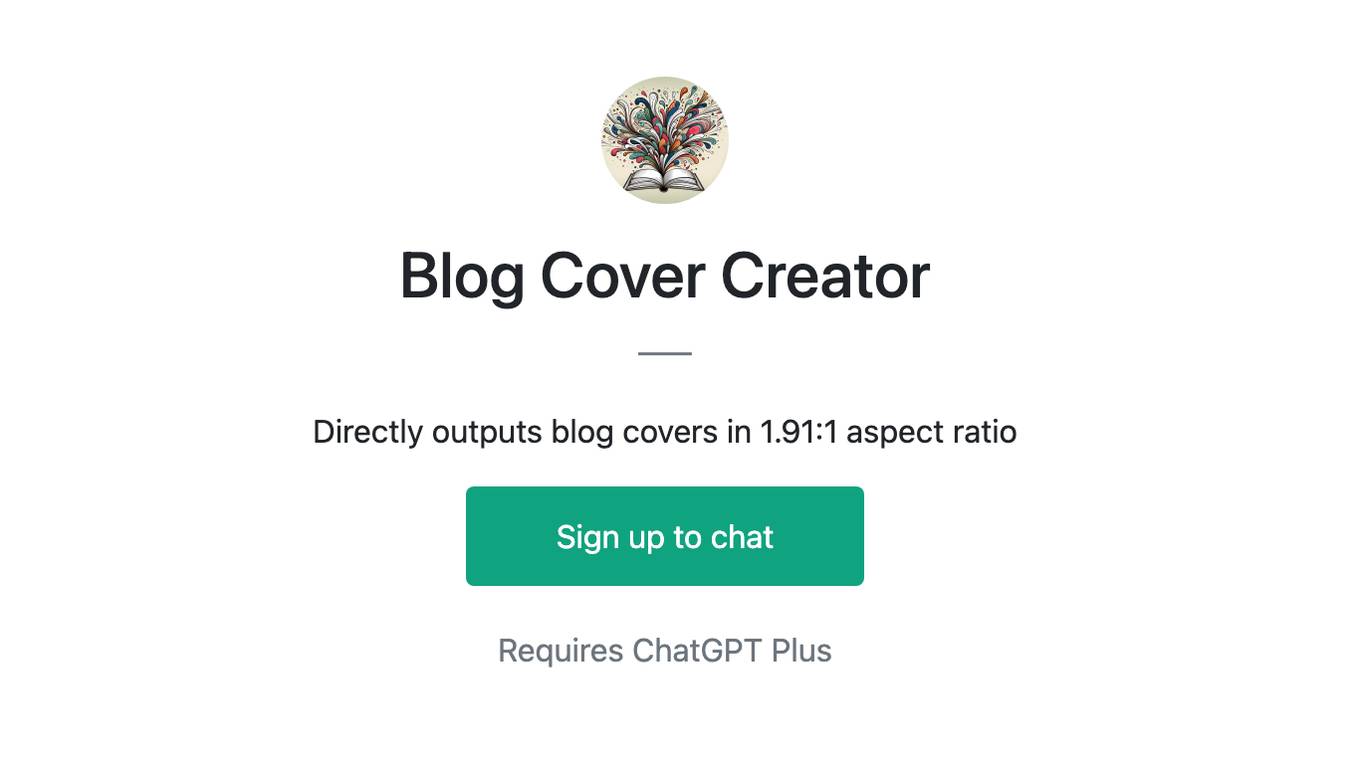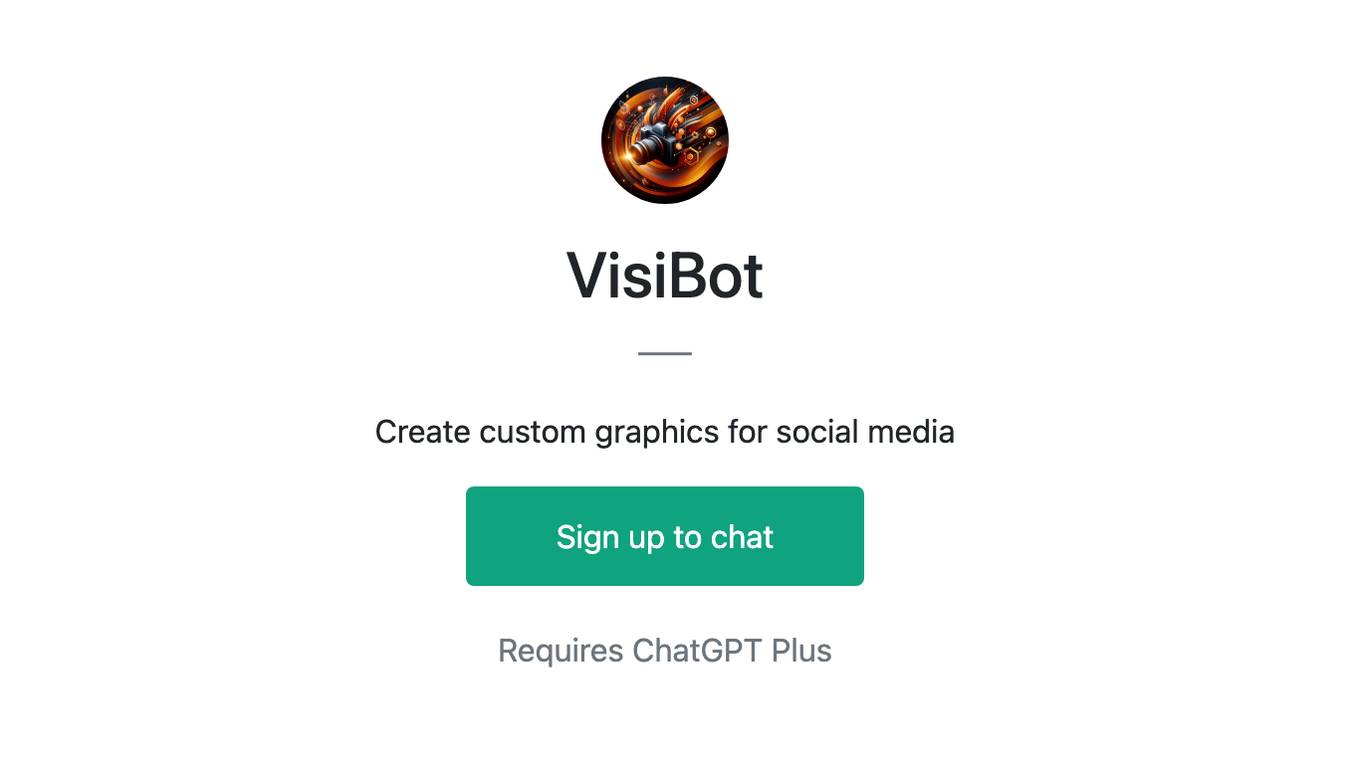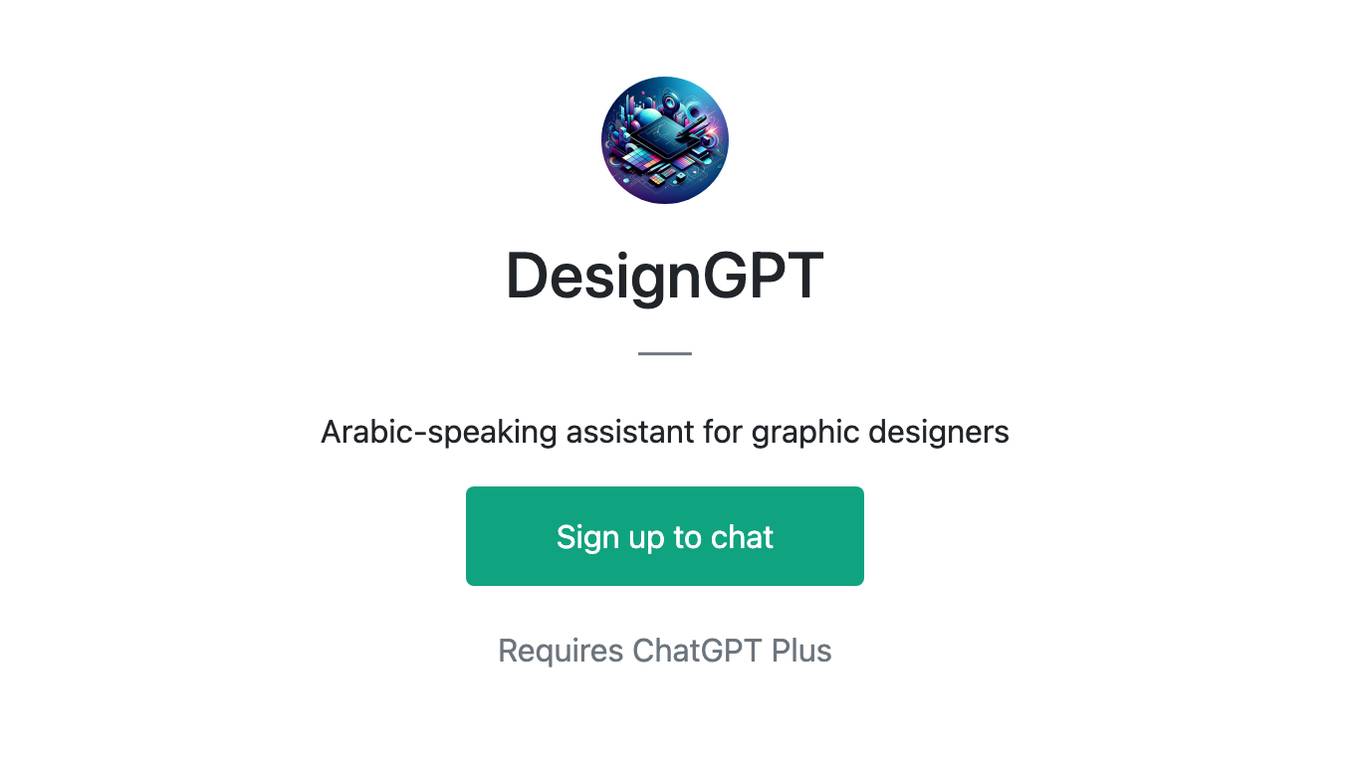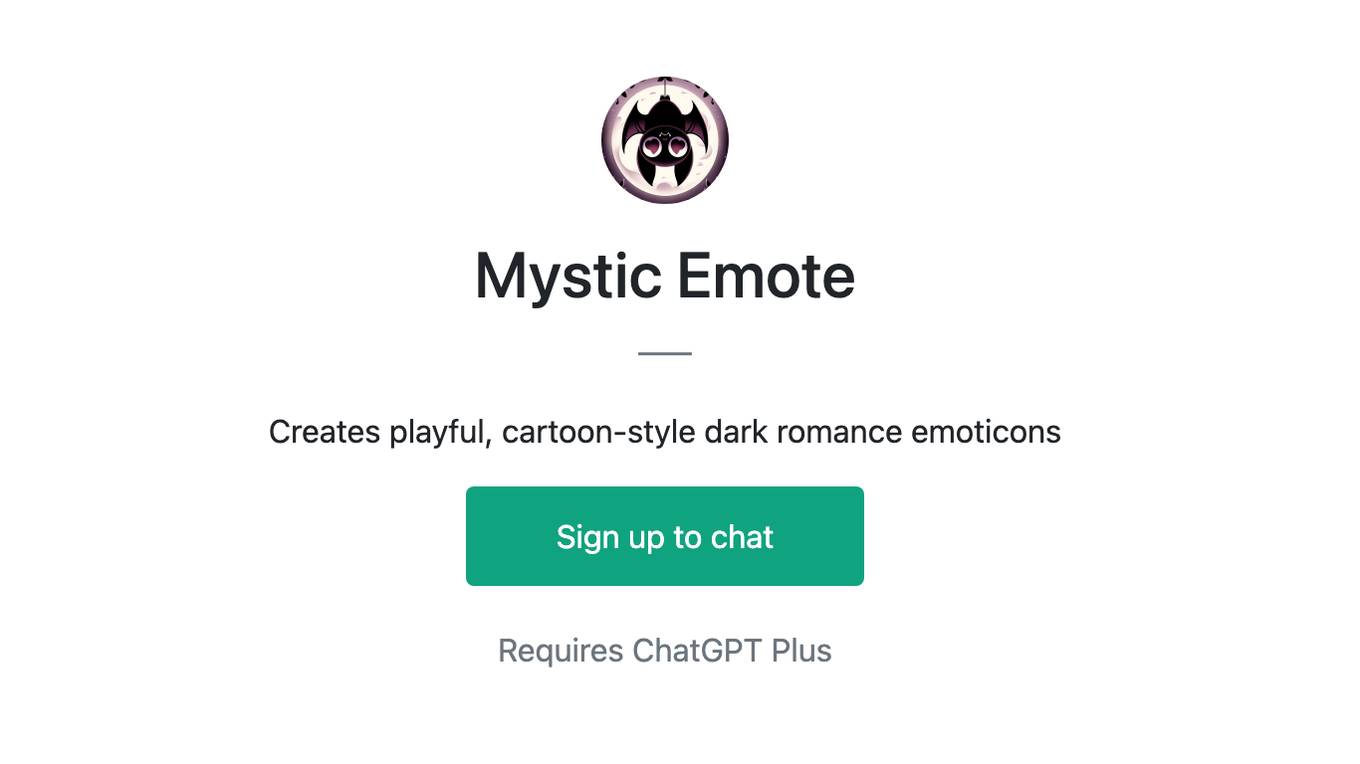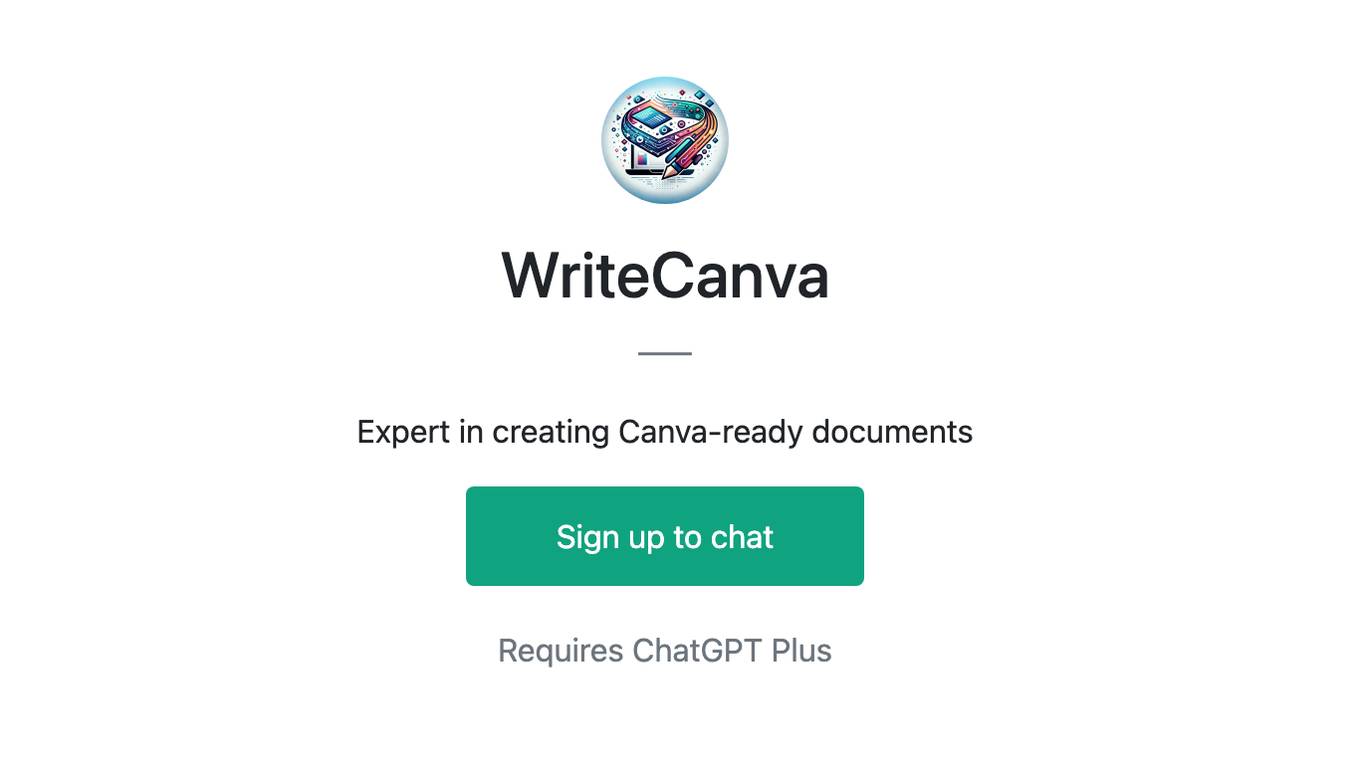Best AI tools for< Make Presentations >
11 - AI tool Sites

CloneMyVoice
CloneMyVoice is an AI tool that specializes in creating AI audio voiceovers for long-form content such as podcasts, presentations, and social media. Users can save up to 80% compared to competitors and 99% compared to human voice actors. The platform allows users to upload source audio files and text, provide voice samples, and receive processed audio files within one hour. CloneMyVoice offers the ability to create audio presentations, social media content, podcasts, and audio books effortlessly. The AI can generate flawless English voices with British or American accents, capturing the tone and essence of the original voice.

AI Graphics
AI Graphics was a SaaS product that helped users create stunning graphics using artificial intelligence. The product was easy to use and allowed users to create professional-quality graphics in minutes. AI Graphics was a valuable tool for businesses of all sizes, and it was used by a wide range of professionals, including marketers, designers, and entrepreneurs.
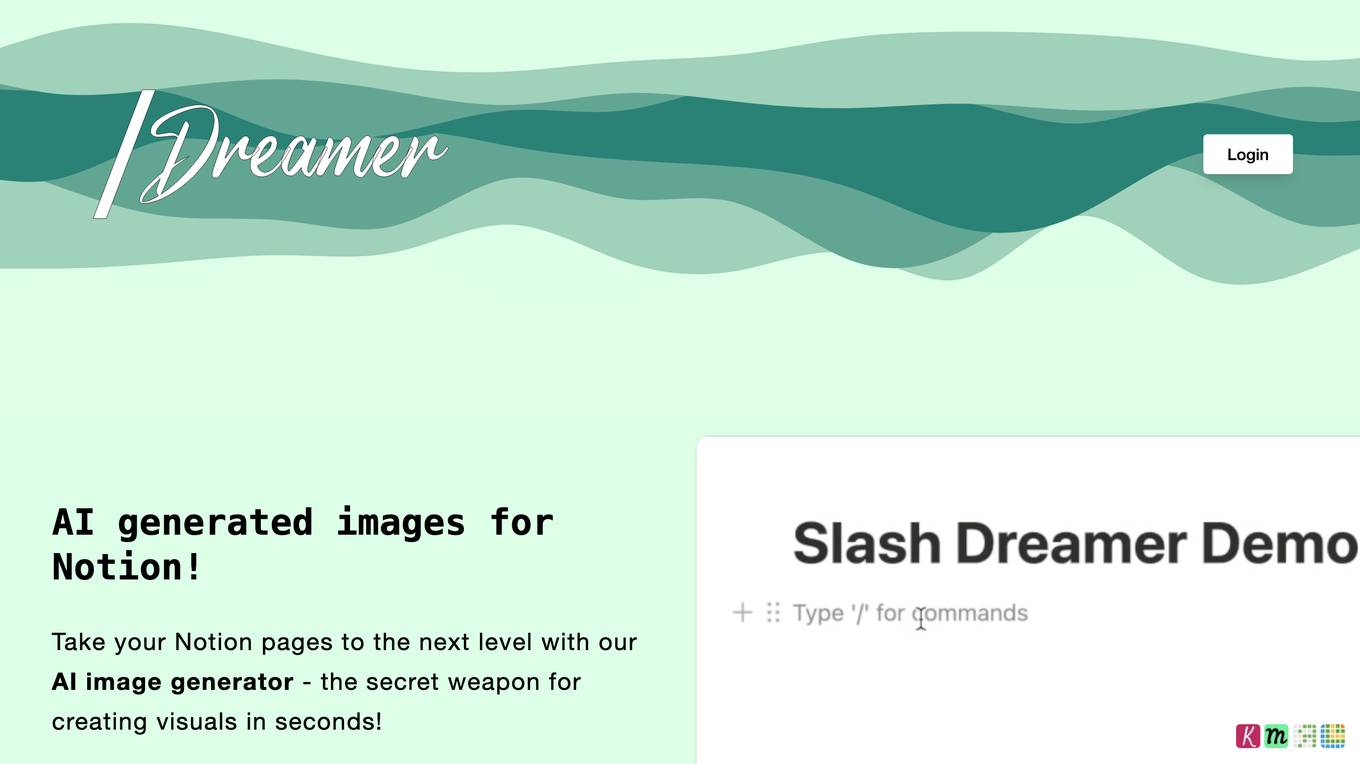
SlashDreamer
SlashDreamer is an AI-powered image generator that allows users to create visuals for their Notion pages. With SlashDreamer, users can write a prompt describing the image they want, and the AI will generate the image directly in Notion. SlashDreamer offers three plans, starting at $0.99/month, and provides features such as unlimited image generation, priority response time, and feature suggestions.
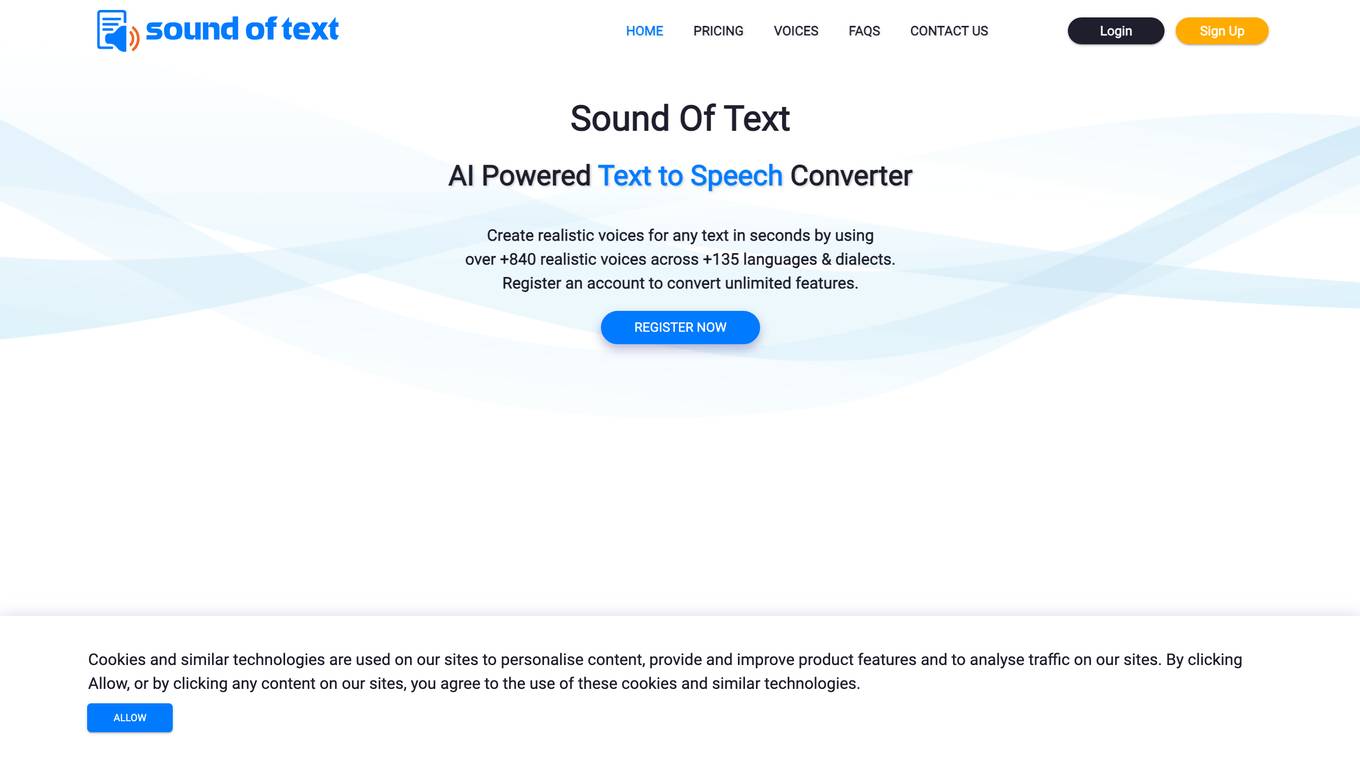
Sound of Text
Sound of Text is a free online text-to-speech converter that uses AI technology to convert written text into spoken words. It supports over 840 different voices in more than 135 languages, and allows users to download the resulting audio files in a variety of formats. Sound of Text is easy to use and can be used for a variety of purposes, such as creating audiobooks, podcasts, and presentations.
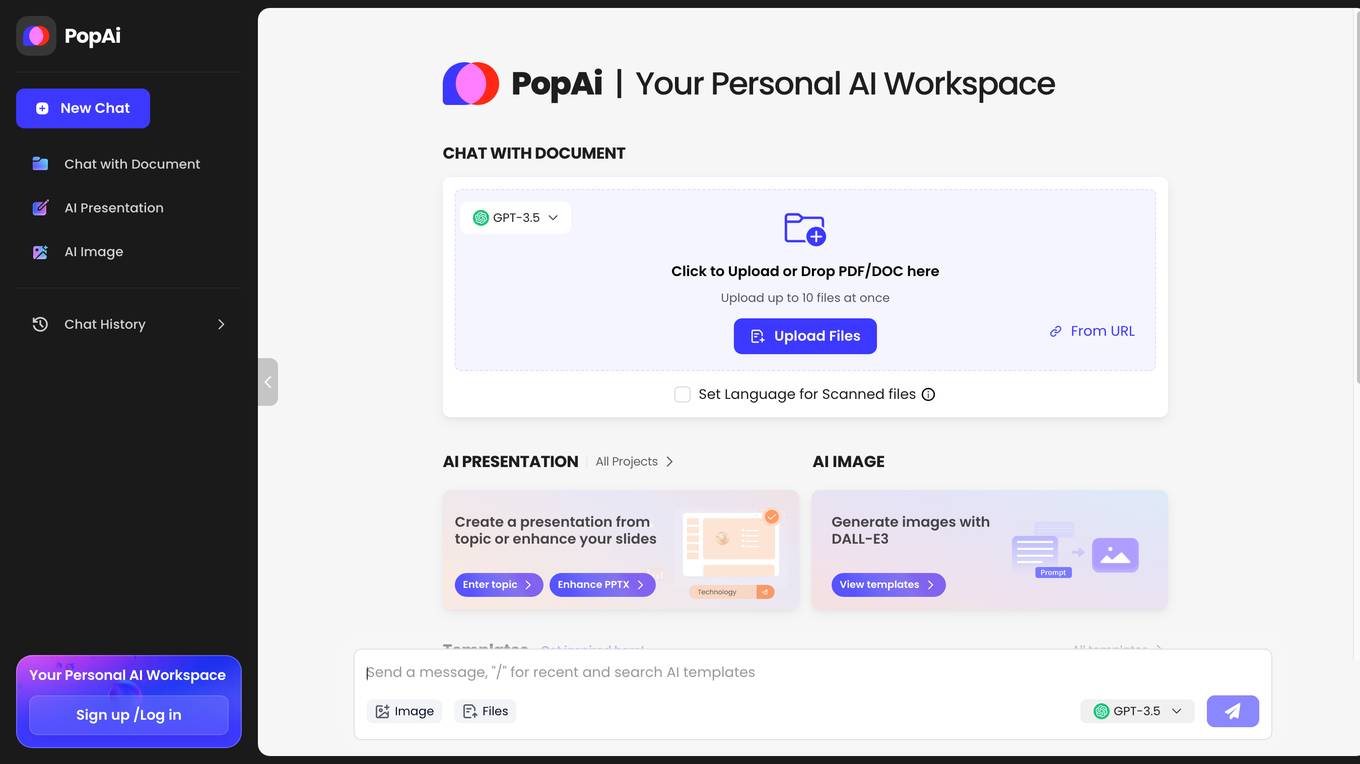
PopAi
PopAi is a personal AI workspace that revolutionizes document interaction, offering seamless navigation, enhanced readability, and universal accessibility. It allows users to effortlessly navigate through intricate documents, magnify details, and tailor the layout for supreme clarity. PopAi also generates images on command, provides access to image prompts and generation codes, and offers image-based homework help, enriching educational support with visual aids. Additionally, it can effortlessly turn ideas into PowerPoint slides with customizable outlines, smart layouts, and automatic illustrations.

Festive
Festive is a video and slideshow maker app that allows users to create stunning slideshows from their photos and videos. It offers a wide range of features, including over 50 slideshow templates, a large music library, and AI-generated creative quotes. Festive is easy to use, with intuitive features like drag-and-drop photo placement and easy text customization. It is perfect for creating slideshows for any occasion, from birthdays and anniversaries to casual get-togethers.
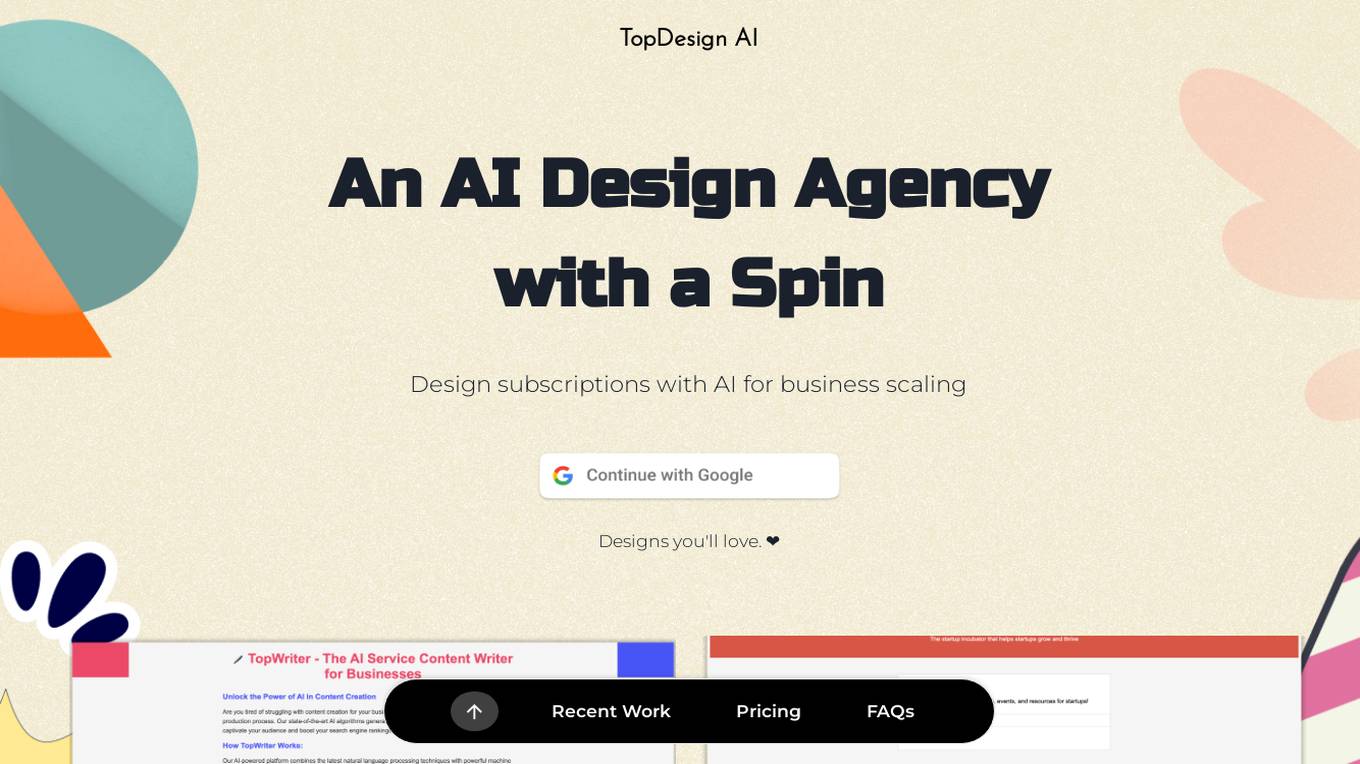
TopDesign AI
TopDesign AI is a powerful AI-powered design tool that helps you create stunning designs in seconds. With TopDesign AI, you can easily create social media graphics, marketing materials, presentations, and more. TopDesign AI is perfect for businesses of all sizes, from startups to large enterprises. With TopDesign AI, you can create high-quality designs without any design experience.
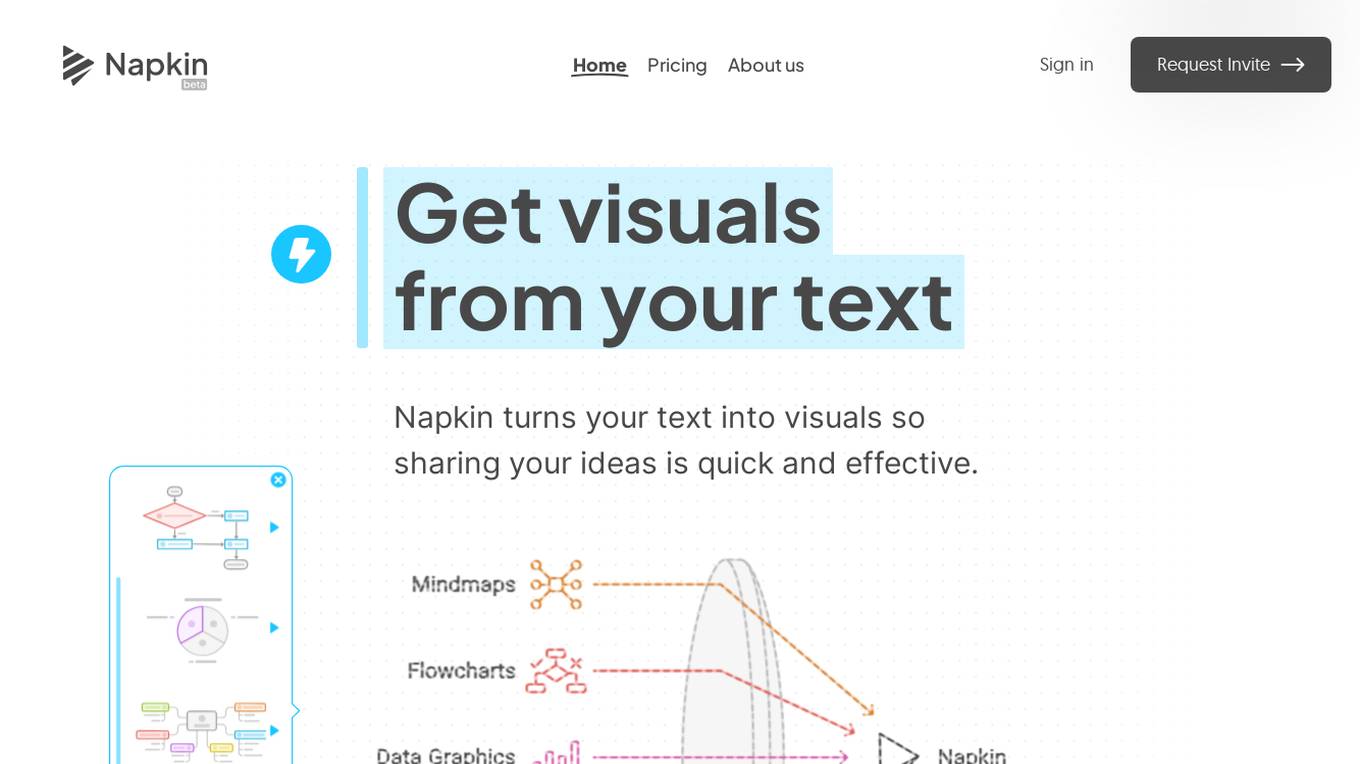
Napkin AI
Napkin AI is a visual AI tool designed for business storytelling. It transforms text into visuals like diagrams, charts, scenes, and images, making it quick and effective to share ideas. With features such as icon database, decorators, dynamic connectors, and various customization options, Napkin helps users create impactful visuals for presentations, social media, blogs, and more. The tool offers a user-friendly interface and modern design, making it easy to generate and edit visuals directly from text.
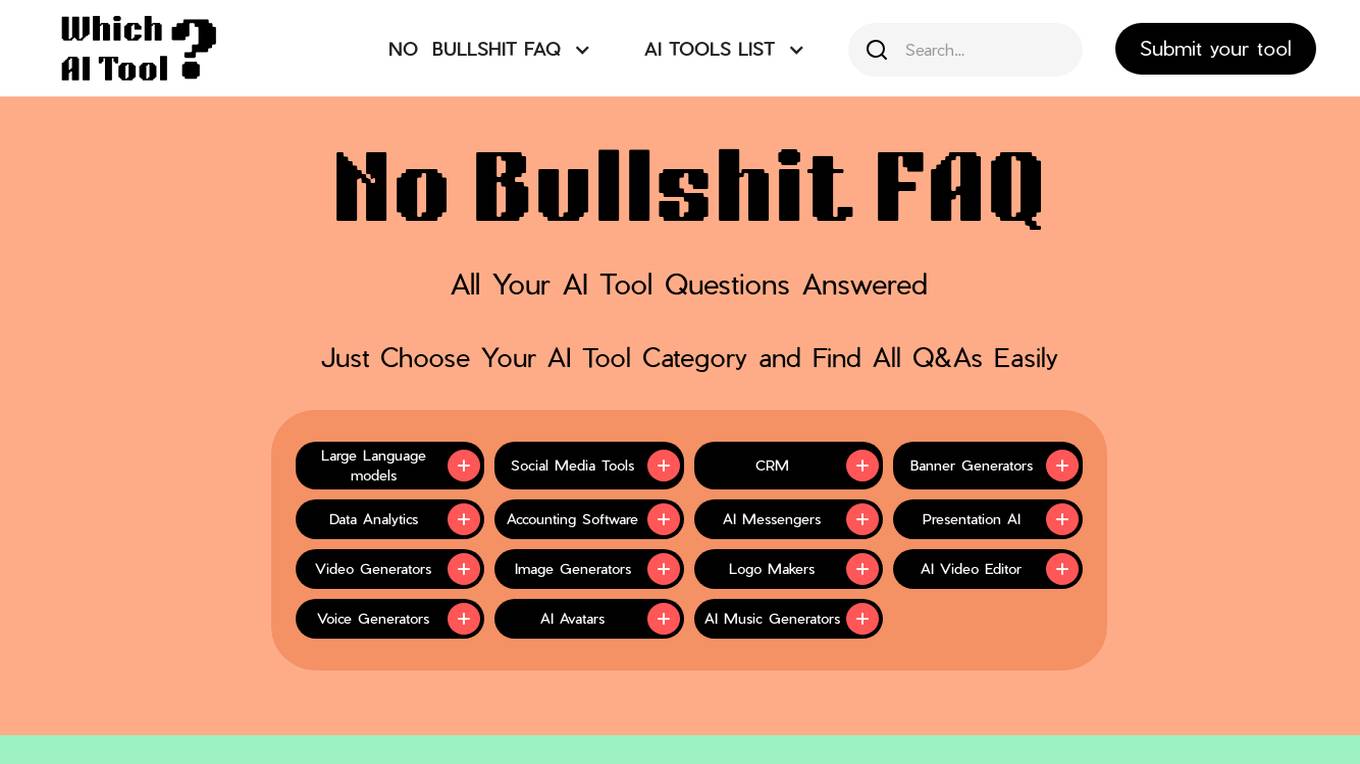
Which AI Tool
Which AI Tool is a comprehensive platform that provides information and reviews on various AI tools and applications. The website offers detailed insights, qualitative indicators, and key features of AI tools across different categories. Users can find unbiased reviews, ratings, pricing details, and free trial information for a wide range of AI tools. The platform aims to help both AI professionals and beginners in selecting the best AI tools for their specific needs.
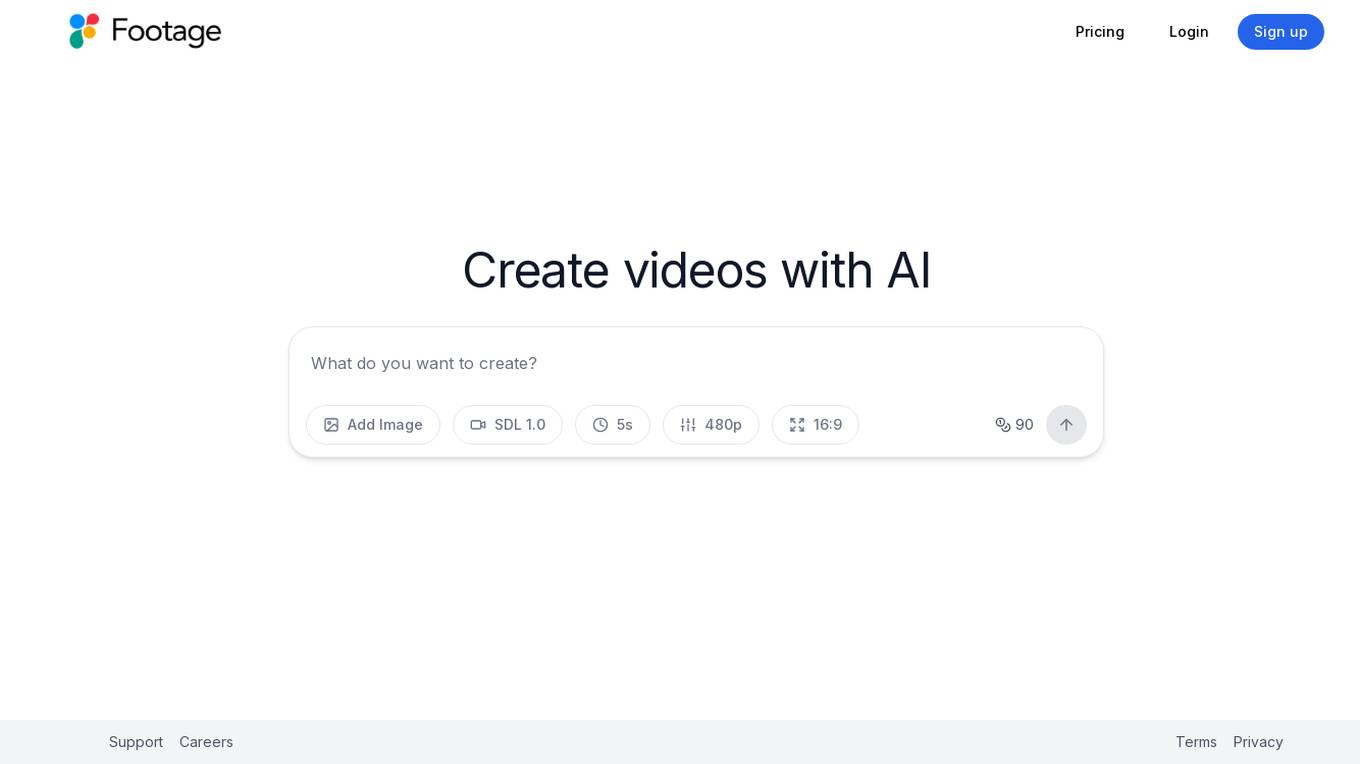
Footage
Footage is an AI video generation tool that allows users to create videos using artificial intelligence technology. With Footage, users can easily add images to their videos and customize various settings such as resolution, duration, and aspect ratio. The platform offers support for different video formats and provides a seamless user experience. Footage is designed to simplify the video creation process and help users generate engaging content efficiently.
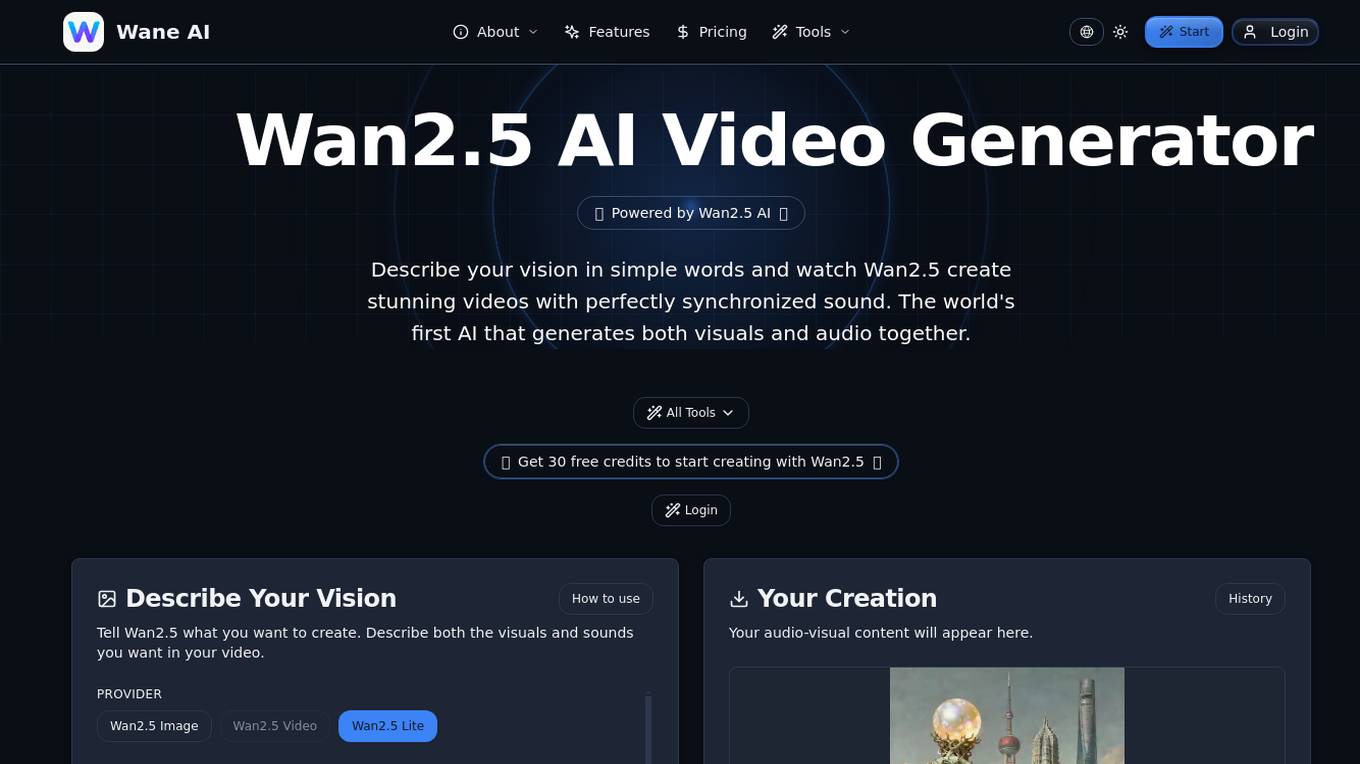
Wan2.5
Wan2.5 is an AI audio-video generator that creates synchronized audio and video content together. Powered by Alibaba's innovative technology, Wan2.5 allows users to describe their creative vision in simple words and watch stunning videos with perfectly matched sound and visuals. It is the world's first AI tool that generates both visuals and audio simultaneously, offering extended video length, natural language input, and seamless content creation.
0 - Open Source AI Tools
11 - OpenAI Gpts

Стратегічний експерт НБУ
Помічник у публічних стратегічних документах Національного банку України
Multimedia Content Creator
Generates diverse media content; doesn't repeat or clarify instructions.

